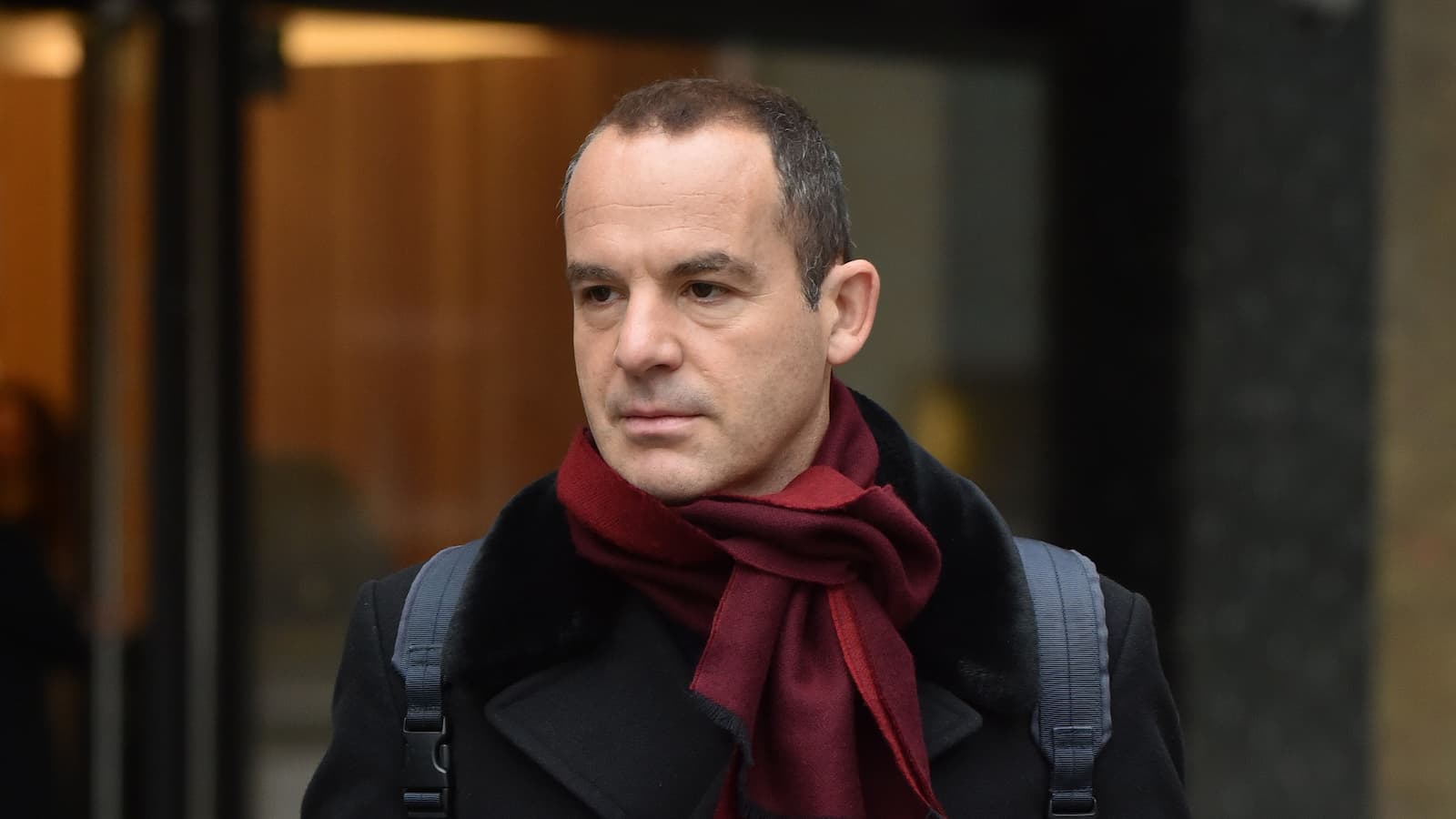
"As autumn settles in and energy costs remain a worry for millions, many households are debating whether to keep their heating on low throughout the day or switch it on only when needed. Money Saving Expert founder Martin Lewis has issued a warning that could make a big difference to winter bills. He says that while leaving the heating on all day may feel convenient, it could end up costing more, and even create condensation problems in some homes."
"Martin Lewis explained that the cheapest way to use heating is to put it on only when you need it, ideally with the help of a timer and thermostat. "Having the heating on only when you need it is, in the long run, the best way to save energy, and therefore money," he said. He also addressed a common misconception: that keeping the heating on low all day prevents heat loss. According to Lewis, in most cases this leads to higher energy usage overall."
The cheapest way to use heating is to switch it on only when needed, ideally using a timer and thermostat. Keeping heating on low all day generally increases overall energy usage and can cost more. Low steady heat can sometimes reduce condensation, but in most cases it leads to higher consumption. Condensation that builds in walls when heating is constant may increase heat loss once the system is switched off. Property type and insulation significantly affect heating efficiency. Modern, well-insulated homes cope better with intermittent heating bursts. Older, draughty houses may require closer attention or improved insulation to avoid heat loss. Timers, thermostats and insulation upgrades reduce bills.
Read at Homebuilding
Unable to calculate read time
Collection
[
|
...
]